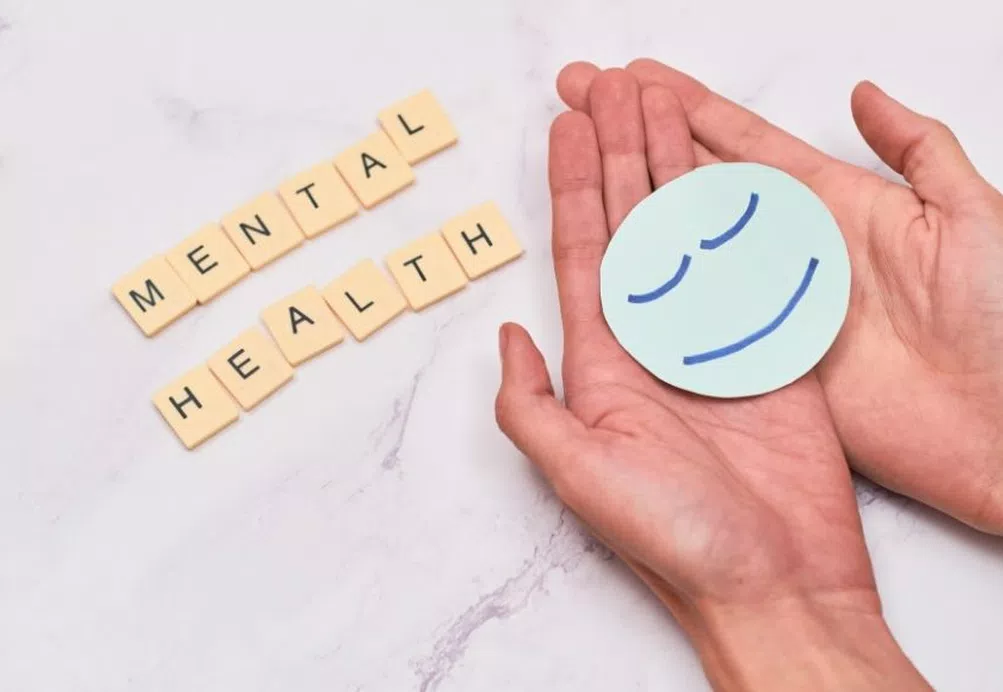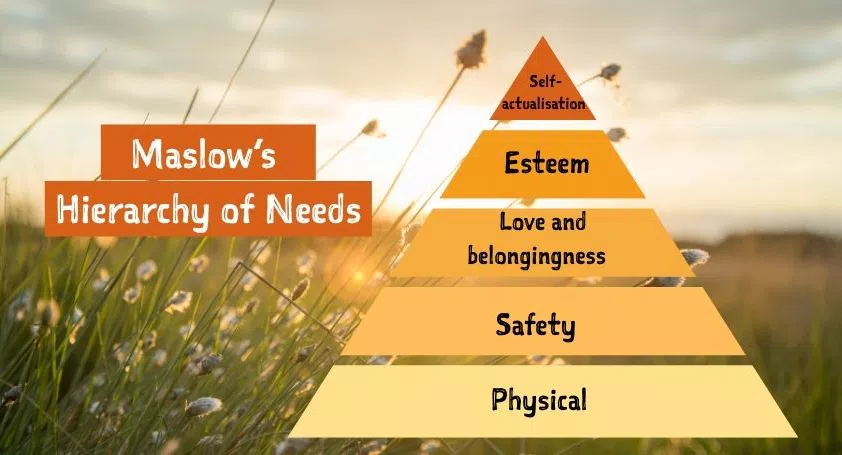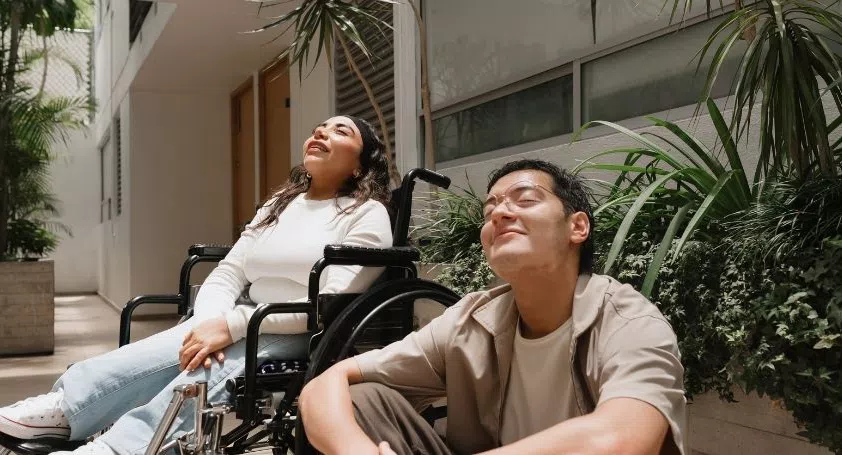We use cookies to improve your experience. By accepting you agree to our cookie policy

Having good mental health is key to achieving better wellbeing. For everyone. But CRPS patients, their families and carers, may find getting there a challenge both leading up to and once diagnosed with the condition. Yet having good mental health allows CRPS patients, families, or caregivers to feel confident, positive and have the energy to live a better life.
According to the World Health Organisation, people who find themselves in unfavourable social, economic, geopolitical, and environmental circumstances statistically have a higher risk of mental health conditions. If you’re living with CRPS or think you may have it, we know you know. But let’s take a closer look at how Maslow sees human needs.

Maslow's Hierarchy of Needs
A model from motivational theory in psychology, Maslow’s Hierarchy of Needs is a framework for understanding influences on the drive for achieving goals and feelings successfully.
Maslow outlines five levels of need across three groups:

Physical (physiological) needs are our basic needs to survive like oxygen, food, shelter, clothing, and sleep. These are essential for our own wellness. CRPS patients often have difficulty sleeping, either by the pain they are feeling, the stress and restlessness involved in dealing with CRPS or the lack of ability to find a comfortable enough position to sleep well. In turn, lack of sleep makes patients more sensitive to pain. Find out How to Sleep Better When You Have CRPS or Chronic Pain.
Our need to feel well and secure includes personal safety, financial stability, job security, health and general wellbeing. A CRPS patient may find it difficult to have all their health and wellbeing needs fully met due to the nature of CRPS, while other needs may be easier to work on. Taking control of what we can in our lives can enable us to feel better about ourselves and mean renewed energy in either getting better or finding ways to manage what isn’t in our control. Resolving underlying causes of flare-ups like sources of stress can obviously increase the quality of life of the patient.
Of all our needs as human beings, tapping into the most basic of these may be the first port of call for a more stable life. Even if it’s not possible to meet all these needs all the time, it is important to prioritise those that will help deal with the others first. If you’re looking for someone to talk to or to hear you out, try our Helpline or Live Chat Support.

After being diagnosed, when CRPS patients may be undergoing anxiety and depression alongside their CRPS symptoms, they and their families and carers may also experience worrying financial impacts including unstable working hours due to medical appointments or expenses related to caring services. Fulfilling safety needs can help with enabling access to paid-for support services, alongside those freely available.
Love and belongingness is all about social acceptance and interactions with friends, family and loved ones. Whether you’re a CRPS warrior managing the condition or a carer hero, joining our Online Community Forum or Befriending Service and connecting with others in the CRPS community offers much needed support. Remember, you never need feel alone.

Positive esteem comes from internal and external respect. It’s important that we can appreciate ourselves and our achievements. Dealing with CRPS often means dealing with depression and anxiety too. And our Counselling & Therapy Service is here to give you free and confidential support.
Finally, self-actualisation is about pursuing your full potential through personal growth. Uniquely only you can find the path to achieve it. Of course getting there may feel pretty daunting, especially when as a person with CRPS, there’s a whole range of basic needs yet to be met. But Burning Nights CRPS Support is on your side. Tackling more basic unmet needs may well be the first steps that can lead to achieving more than might seem possible.
Do take advantage of the support service links in this article to get started and build from there. Or check out our full range of support services.
References
Maslow's citation - Pichère, P., & Cadiat, A.-C. (2015). Maslow’s hierarchy of needs. Lemaitre.
We use cookies to improve your experience. By accepting you agree to our cookie policy
 £
£